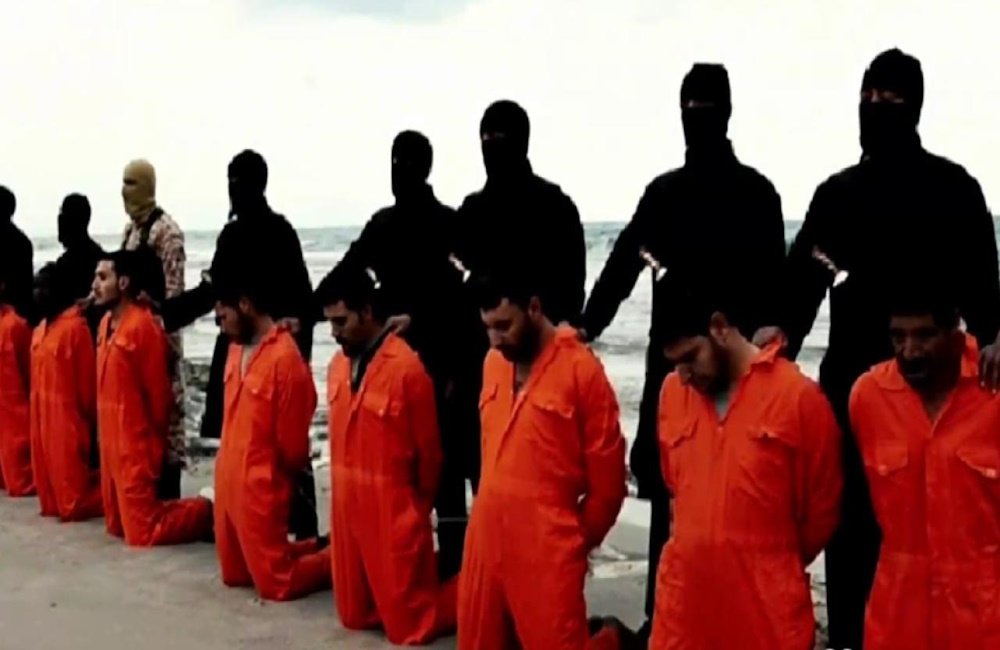Surah 47, also known as Surah Muhammad, is one of the chapters of the Quran that addresses the topic of warfare. Verse 4 of this Surah is often cited in discussions about the Islamic stance on combat and violence, particularly due to its stark language about dealing with unbelievers. This article examines the verse, its interpretations by Islamic scholars, and the broader implications.
Surah 47, verse 4 reads:
“So when you meet those who disbelieve [in battle], strike [their] necks until, when you have inflicted slaughter upon them, then secure their bonds, and either [confer] favor afterwards or ransom [them] until the war lays down its burdens. That [is the command]. And if Allah had willed, He could have taken vengeance upon them [Himself], but [He ordered armed struggle] to test some of you by means of others. And those who are killed in the cause of Allah – never will He waste their deeds.”
Islamic Scholars’ Interpretation
Islamic scholars emphasize that Surah 47:4 should be understood within the context of its revelation and the broader teachings of Islam regarding warfare. The verse was revealed during a period when the early Muslim community was engaged in armed conflict with the Quraysh tribe and other adversaries in Arabia. This context is crucial in understanding the verse’s intent and application.
Scholars generally interpret the command to “strike [their] necks” as a directive specific to the battlefield, where it signifies the importance of being decisive in combat. However, they stress that this does not sanction indiscriminate violence against all non-believers. Instead, it is understood as guidance for engaging enemy combatants during a legitimate war.
The latter part of the verse, which discusses the treatment of captives, is often highlighted by scholars to illustrate the balanced approach Islam advocates in warfare. After the battle, Muslims are instructed to either release prisoners as an act of mercy or ransom them. This indicates a preference for humane treatment of captives, aligning with broader Islamic principles of justice and compassion.
Additionally, scholars note that the verse underlines the idea that war is not inherently desirable in Islam; it is a test and a means to protect the community. The reference to Allah’s ability to exact vengeance independently emphasizes that warfare is a human endeavor with ethical constraints, not an unrestricted license for violence.
Conclusion
This Surah was likely inspired by the Tanach, particularly the passages where God commands the Jewish people to go into battle against the nations of Canaan. Specifically, it draws parallels with the Book of Deuteronomy, where God provided the Israelites with specific regulations for warfare. However, the message in Surah 47, verse 4, diverges sharply from its biblical inspiration. The Quranic directive to “strike the necks” and kill is far more aggressive and open-ended compared to the instructions in the Tanach.
In the Bible, the Jewish people were commanded to conquer a specific land, Canaan, with clear guidance and the direct intervention of their God. This was a mission confined to a limited geographic area, and God provided explicit commands on which nations to destroy completely and which to spare, including women and children. Moreover, God made it clear that the land was given to the Israelites not because they were inherently deserving, but because the wickedness of the Canaanite nations had reached an unbearable level.
Muhammad, in crafting his own scripture, appears to have been inspired by these biblical narratives. However, unlike the Jewish people, who were given a specific mission tied to a particular land, Muhammad had no such divine mandate to a defined region. The “unbelievers” in his context were not confined to a single area; they were scattered around him, representing anyone who refused to accept his new religion. This broader definition of “unbelievers” justified an expansive approach to warfare, where the fight was not just against those who directly opposed him but against anyone who did not submit to his teachings.
This perspective explains why many argue that the wars initiated by Muhammad were not purely defensive actions but were, in fact, offensive campaigns aimed at expanding his influence and enforcing his new religion. Consequently, any interpretation by Islamic scholars that attempts to contextualize these verses as merely defensive measures is flawed, given that Muhammad himself initiated these conflicts. This context raises questions about the divine nature of such commands and suggests that, in this instance, the Quran may reflect Muhammad’s ambitions rather than a continuation of the prophetic tradition found in the Bible.
